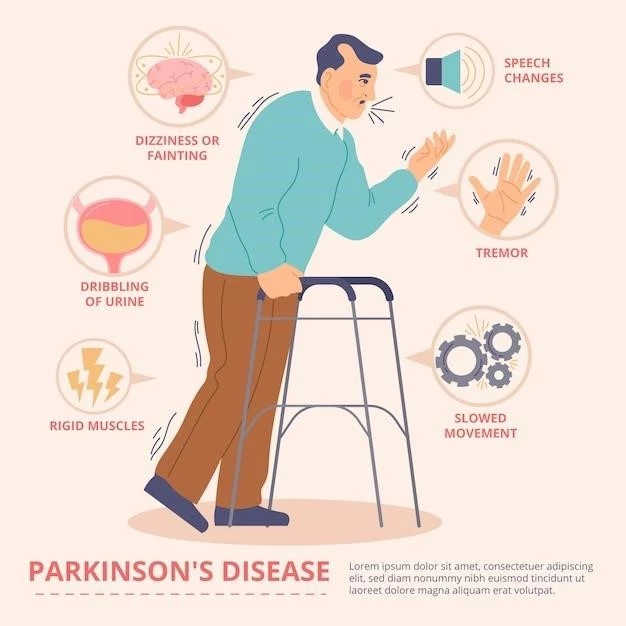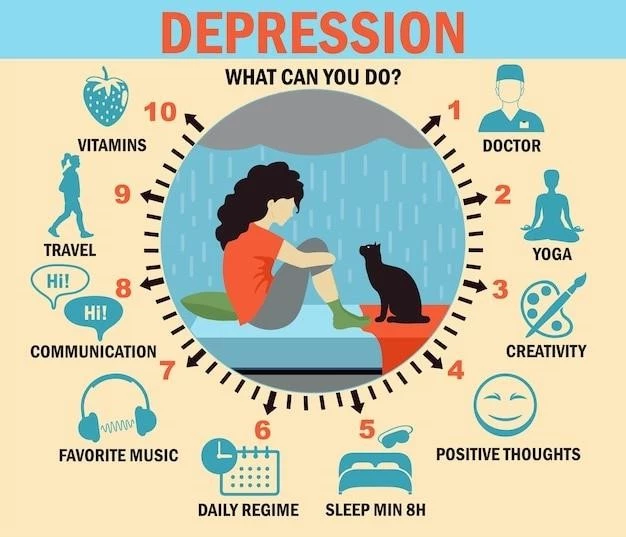Comprehensive Plan on Ahumada-Del Castillo Syndrome
Understanding the Causes of Ahumada-Del Castillo Syndrome is crucial for effective management. It is essential to recognize the Symptoms early on to seek prompt Diagnosis. Explore various Treatment options available to address the syndrome. Stay informed about the Prognosis to plan ahead. Implement Coping strategies to enhance quality of life.
Causes of Ahumada-Del Castillo Syndrome
While the exact causes of Ahumada-Del Castillo Syndrome are still being researched, current understanding indicates a potential genetic component. Mutations in certain genes may play a role in the development of this syndrome. Environmental factors and triggers could also contribute to its onset. Engage with healthcare providers to stay updated on emerging research in this area.
Symptoms of Ahumada-Del Castillo Syndrome
Recognizing the Symptoms of Ahumada-Del Castillo Syndrome is essential for early intervention. Common symptoms may include hearing loss, visual disturbances, vertigo, and tinnitus. Patients may also experience cognitive issues such as memory problems. Be vigilant of these signs and consult healthcare professionals for thorough evaluation and management.
Diagnosis of Ahumada-Del Castillo Syndrome

Diagnosing Ahumada-Del Castillo Syndrome involves a comprehensive evaluation by healthcare professionals. It may include a physical exam, audiometry tests, imaging studies, and genetic testing to confirm the diagnosis. Collaborate with specialists who are experienced in rare genetic disorders for an accurate assessment. Stay proactive in seeking a thorough diagnosis for appropriate management.
Treatment Options for Ahumada-Del Castillo Syndrome
Effective treatment strategies for Ahumada-Del Castillo Syndrome aim to manage symptoms and improve quality of life. Treatment may involve hearing aids, vestibular rehabilitation therapy, vision aids, and cognitive interventions. Consult a multidisciplinary team of healthcare providers to create a personalized treatment plan. Stay informed about ongoing research for potential advancements in treatment options.
Prognosis for Ahumada-Del Castillo Syndrome
Understanding the Prognosis for Ahumada-Del Castillo Syndrome can help individuals and families prepare for the future. The prognosis may vary depending on the severity of symptoms and individual response to treatment. Regular follow-ups with healthcare providers and adherence to treatment plans are key in managing the condition. Stay optimistic and focus on enhancing quality of life while staying informed about advancements in research.
Coping Strategies for Ahumada-Del Castillo Syndrome
Developing effective Coping strategies is crucial for individuals with Ahumada-Del Castillo Syndrome and their loved ones. Stay connected with support groups, engage in mindfulness activities, and prioritize self-care. Consider cognitive behavioral therapy to address emotional challenges. Educate yourself about the syndrome to better understand and manage its impact on daily life. Remember, you are not alone in this journey.
Research Advancements in Ahumada-Del Castillo Syndrome
Stay informed about the latest Research advancements in Ahumada-Del Castillo Syndrome to access cutting-edge treatments and therapies. Researchers are continually studying the genetic and environmental factors contributing to the syndrome, paving the way for innovative interventions. Consider participating in clinical trials to contribute to scientific progress and explore emerging treatment options. Keep updated on breakthroughs in research for potential benefits in managing the syndrome.
Support Resources for Ahumada-Del Castillo Syndrome
Accessing Support resources is crucial for individuals and families navigating Ahumada-Del Castillo Syndrome. Connect with patient advocacy groups, online forums, and counseling services for emotional and practical support. Seek guidance from healthcare professionals specializing in rare genetic disorders. Stay connected to community resources that offer assistance with treatment options and coping mechanisms. Remember, you are not alone on this journey, and support is available.
